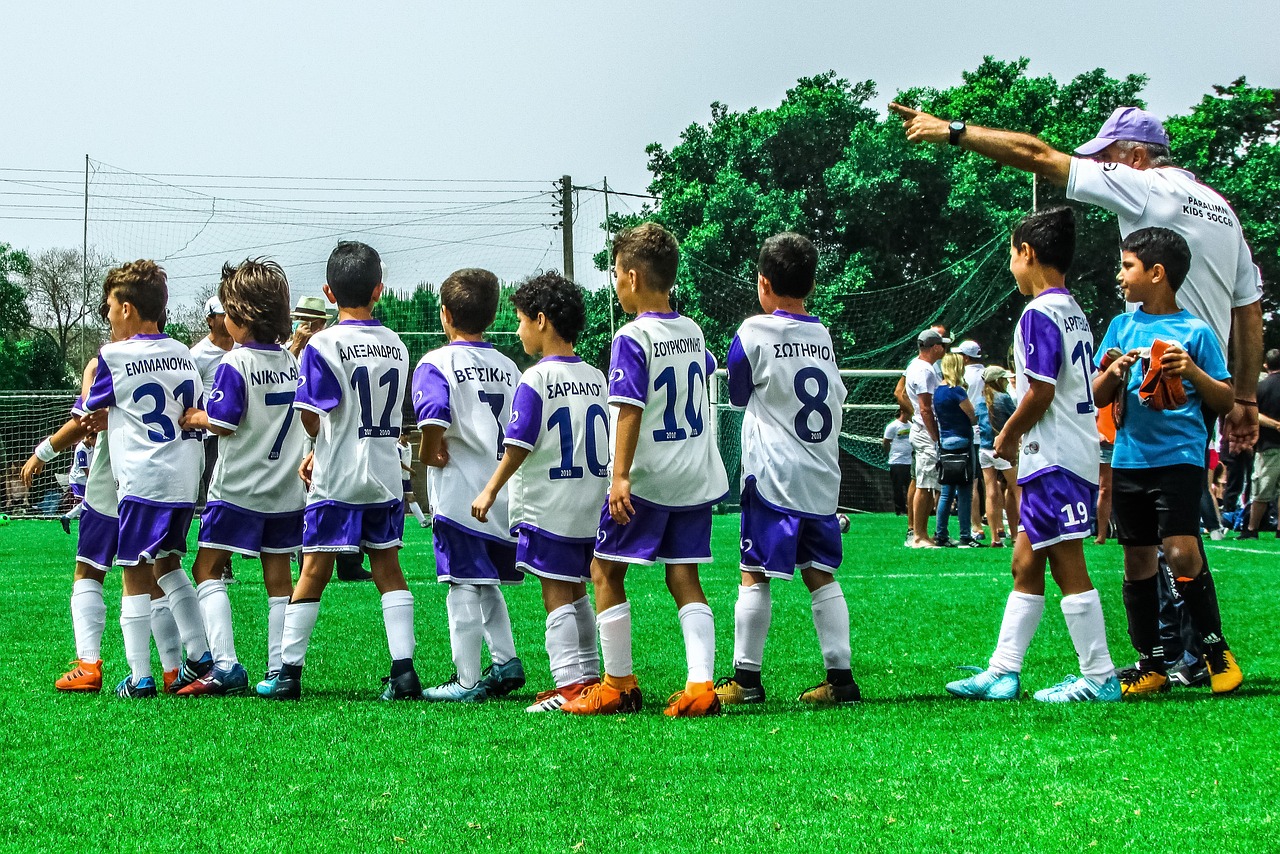As a parent, you have more influence on your child’s performance than you may realize. The words you say and the way you behave on the sidelines can have a significant impact on their experience. While your intentions may be good, sideline behavior can sometimes do more harm than good, especially when it conflicts with coaching or puts unnecessary pressure on your young athlete. Here’s how you can support your child in a way that boosts their confidence and enjoyment of the game.
Your Impact as a Parent Is Huge
While coaches and teammates influence a player’s performance, parents often have an even greater effect. Kids hear everything you say on the sidelines, and it can distract them or even cause confusion if your instructions don’t align with the coach’s strategy. Rather than yelling commands, focus on positive reinforcement and encouragement.
Think About What You’re Saying
When you tell your child to “play harder” or “try more,” it can imply that they aren’t already giving their best effort. Often, kids are trying hard but are limited by their physical ability or development level. Instead of critiquing their effort, focus on praising what they’re doing well.
Understand Age Appropriateness
Children’s understanding of the game evolves as they grow. A U5 player is focused solely on themselves and they don’t grasp teamwork yet. By U9, kids start to connect with friends but may still struggle to see beyond their immediate surroundings. It’s not until U13 that they begin to comprehend the entire field and strategic play. Tailor your expectations to their developmental stage and avoid pushing them too far, too soon.
The Parent’s Job Is to Love and Support, Not Coach
It’s the coach’s job to correct a player’s mistakes and teach them skills. Your job as a parent is to provide unconditional love and support. Don’t let frustration over a game or performance strain your relationship with your child. Let the coach handle the tough conversations, and focus on building a positive, supportive environment for your child.
Avoid Conflicting Instructions
One of the most challenging situations for a young athlete is when they’re getting mixed signals from their parents and coach. I’ve personally experienced this as a coach, where I was instructing the team to play with a high press, but parents were telling the forwards to drop back. This caused confusion and led to mistakes that affected the entire team. It’s crucial to let the coach direct the players so they can execute the game plan.
Parents Often Aren’t Aware of the Game Plan
Unless you’re present at every practice, it’s easy to misunderstand what the coach has been working on with the team. If you haven’t seen them practice specific skills or strategies, avoid stepping in with your own instructions during the game. Your child’s coach is working with them to develop these skills at the appropriate time.
Sideline Yelling Can Distract Players
Constant yelling from the sidelines can overwhelm players, pulling their focus away from the game. When parents try to coach from the sidelines, it can lead to frustration, confusion, and even mistakes on the field. As kids advance to higher levels of play, some coaches will even bench players whose parents engage in sideline coaching.
Yelling Everything Can Lead to Tuning You Out
When parents yell constantly during a game, kids tend to tune them out, missing the valuable moments when you have something important to say. Yell minimally, and when you do, make sure your words are encouraging or celebratory.
Effort Matters More Than Results
At the end of the day, what matters most is your child’s effort. Win or lose, let them know that you’re proud of how hard they tried. Kids want to please both their coach and their parents, so make sure they know their effort is appreciated and valued.
Practice Good Sportsmanship
Model good sportsmanship for your child by respecting the referees, coaches, and other players. Teach them that the game is about more than winning; it’s about teamwork, respect, and having fun. Encourage them to be the teammate they would want on the field, and remind them that the score isn’t the most important thing.
Building Confidence in Female Athletes
For parents of female athletes, it’s important to recognize that according to research from Peak 9, girls’ self-esteem peaks around age 9. After that, they may need extra encouragement and confidence-building, especially when facing challenges on the field. Ensure that your feedback fosters their self-esteem, particularly during difficult moments.
Videos to Watch
For more insight on how your sideline behavior can affect your child, here are three videos that discuss the importance of supporting your young athlete in a constructive way:
As parents, it’s easy to get caught up in the excitement and pressure of the game, but the best way to support your child is by offering encouragement, love, and positivity from the sidelines. Remember, it’s not just about the score. It is about their growth as a player and a person.




